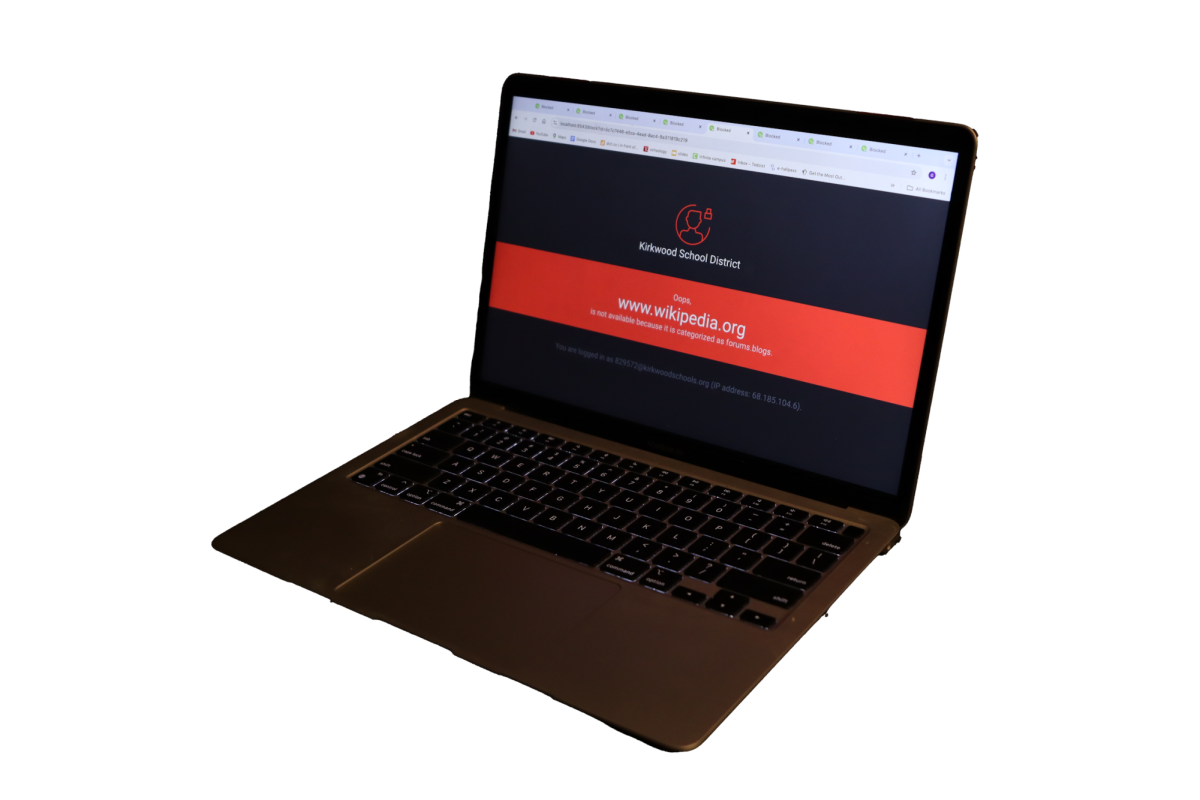Every morning students groggily wake up – barely in time for school – and are zombies for the rest of the day. Yet their elementary school siblings are bouncing around and don’t even have to be at school for another hour-and-a-half. The logical solution to this mix-up is to have the high school and elementary school switch starting times.
If students did get the later start, the high school and elementary schools would switch their starting times (that means KHS would start at 8:40 a.m.). This simple switch could not even cause a problem with the shared district buses, because the bus schedule would just flip. Plus, younger children’s brains are wired to go to bed early and wake up early, according to The Center For Effective Parenting, so elementary schoolers would not be affected.
A later start would mean a later end of the school day for KHS, and a later night of practice for athletes, which is the main concern of the administration. But, these students choose to put extra hours into the day. Yes, they may be staying later than before, but only by an hour. It’s a given that athletes already have more to manage and balance than other students, so there won’t be a huge difference.
And everyone knows there will be those select students who will stay up even later to compensate for the time they get to sleep in. At the same time, 61 percent (128/211) of students said they would use that extra hour of time to sleep in wisely.
Not only is the extra rest better for the body, but it’s actually really important. According to the National Sleep Foundation, teens need at least eight hours of sleep a night – yet only 15 percent of teenagers do. A later start would definitely get students closer to eight hours.
Plus, there are too many mornings when students wake up just in time to throw some clothes on and get to school. With all the rush, 60 percent (127/211) of students don’t even have breakfast regularly during the school week, which means the brain never got a chance to wake up and fully prepare itself for the long day ahead.
Russell Foster, Oxford University neuroscientist, said teens follow a different sleep pattern than adults, making their brains more alert in the afternoon than the morning. In his studies, Foster found teen’s bodies’ “clocks” are delayed because of melatonin, which promotes sleepiness, meaning we really aren’t awake until at least 11 a.m.. Adults, on the other hand, have less melatonin, so they can function earlier.
KHS should join the schools with later starts – like Minnesota, Massachusetts, and Kentucky have already done state-wide (each pushing the day back to at least 9 a.m.). Later starts will not only improve the energy and focus of students, but biological clocks will finally be ticking in time with school.









